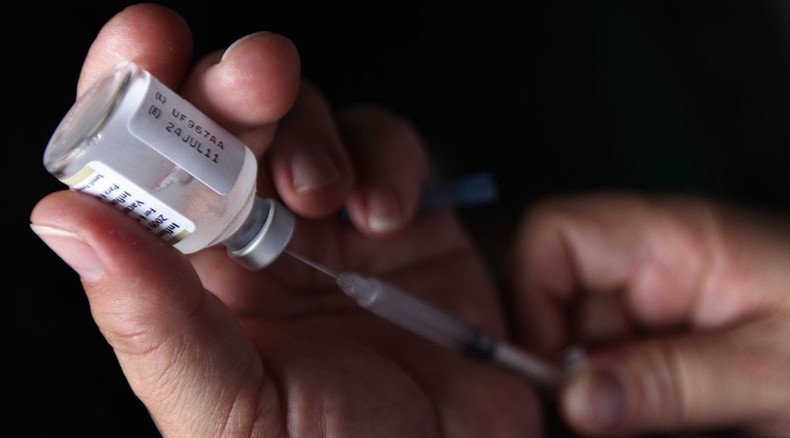Russian senator drafts bill on forced chemical castration of pedophiles

Upper House MP Anton Belyakov has drafted a bill allowing Russian courts to order the chemical castration of people convicted of sex crimes against children. At present, such a measure can only be applied on a voluntary basis.
In an explanatory note attached to the bill, Belyakov noted that the international experience had proved that chemical castration is an effective method that would minimize the possibility of repeated crimes among those convicted for sex crimes against under age children.
The senator also stated in his explanations that despite the fact that the criminal responsibility for pedophilia was toughened several years ago, the number of such crimes continues to rise. “According to the Interior Ministry, the number of rapes where the victim is between 14 and 17 has risen by 2.9 times and the number of rapes with victims under the age of 14 grew 4.2 times,” the note reads.
READ MORE: Russia introduces chemical castration for pedophiles
Belyakov’s bill reads that prior to ordering chemical castration the court must hold special forensic research that would definitely establish that the convict is a pedophile. The document does not provide for any benefits for the convicts who undergo the court-ordered procedure.
The document also provides that the necessary procedures and medicines are sponsored from combined sources – the state budget as well as a special private fund that would be created if the bill is passed into law.
Russia already allows chemical castration of pedophiles, but only on a voluntary basis in exchange for reducing prison terms. The measure was introduced in early 2012 and as part of the broader law that also banned suspended and deferred sentences for those found guilty of sex crimes against a child under the age of 14. According to the same act, such convicts can now ask for parole only after serving at least 80 per cent of their sentence.
READ MORE: Castration or life sentence for pedophiles in Russia
Chemical castration is usually carried out by giving the patient drugs containing synthetic progesterone hormone that lowers the levels of male hormone testosterone, reducing sexual desire. The scientific community has no agreement over the drug’s ability to inhibit a pedophile's desire to abuse a child, while its side effects include depression, fatigue, diabetes and blood clots.












